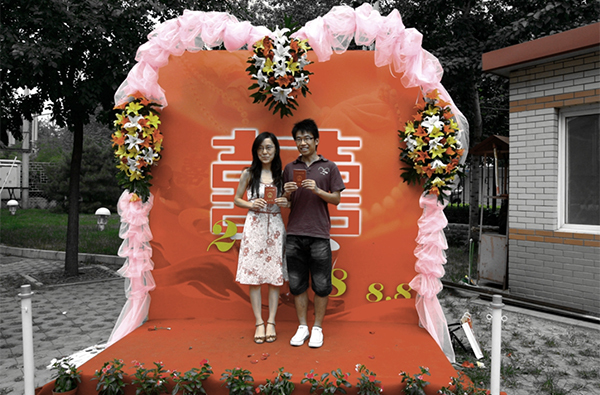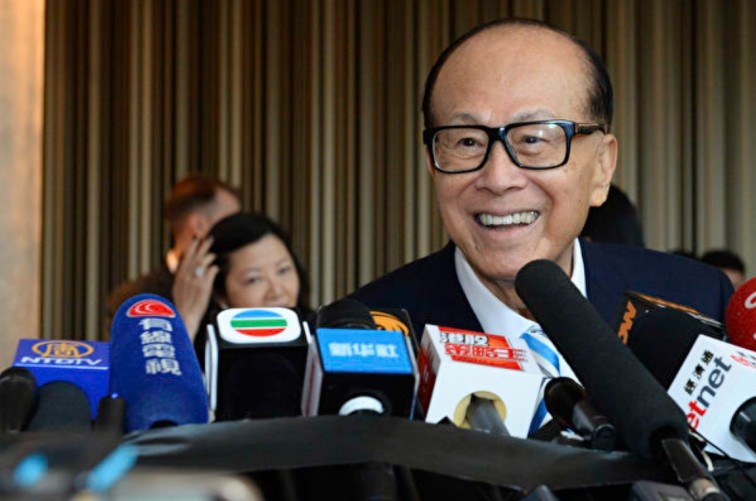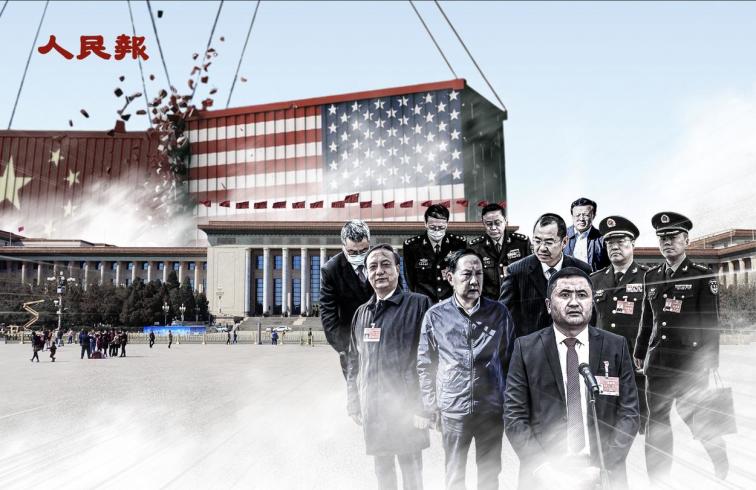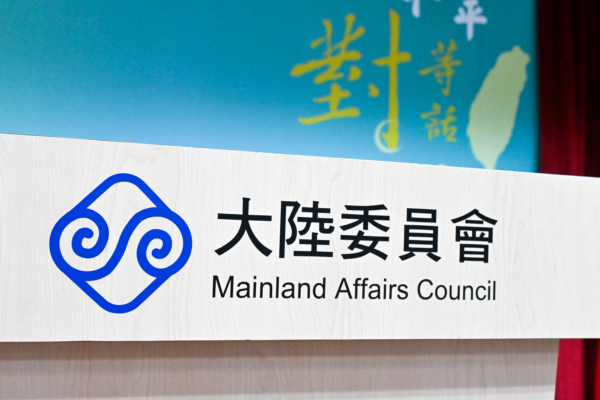Qixi Festival Spending Plummets, Marriage Registrations Drop Sharply (Getty Images)
[People News] Recently, data on marriage registrations in mainland China for the first quarter of 2025 were released. The numbers show that "only 890,000 couples nationwide registered their marriage — the lowest figure since 1986." Compared to the same period in 2024, this marks a staggering 54.7% drop.
Some netizens responded with remarks like, “No matter what moves the state makes, I remain unmoved.” This reflects two meanings: first, the marriage and birth rates in China are the CCP’s Achilles’ heel. It’s because young people have seized this weak spot that the CCP must scramble to come up with ways to escape the dilemma of having “no leeks left to harvest.” Second, more young people are responding by doing nothing—in essence, they are refusing to “listen to the Party.” The trend of “nonviolent noncooperation” is gaining more participants, not losing them.
To boost the birth rate, the government has tried cash incentives for second and third children, leaving aside how ineffective this has been, the very act of giving out money reveals the CCP's guilty conscience. It’s a tacit admission that ordinary people are too poor to afford to have children. Now, even to increase marriage rates, local governments have resorted to giving money, something almost unheard of before. In August 2023, a county in Zhejiang began giving 1,000 yuan to newly married couples who met certain criteria. In January 2025, a city in Shanxi started handing out 1,500 yuan for qualified newlyweds. Other regions are distributing wedding gift packages or encouraging marriage consumption vouchers. As one netizen bluntly put it, “It’s not enough money.” But considering that rural and urban pension benefits only recently increased by 20 yuan, the fact that the government is suddenly giving newlyweds thousands suggests one thing: panic. Clearly, the CCP understands that money—or the lack of it—is the core reason young people aren’t getting married.
For a long time, the CCP tried to blame meddling mothers-in-law and high dowries for the decline in marriages. But now netizens are pointing the finger back: “You spent decades promoting the ‘mother-in-law economy.’” In reality, this isn’t the deciding factor. Experts say, “Marriage incentives reflect an effort to lower the cost of marriage, childbirth, parenting, and education.” In other words, raising and educating children are the real financial burdens.
In 2021, when CCP think tanks and state media claimed that the sharp drop in births in 2020 was caused by COVID-19, the Chinese internet exploded in outrage. Comments like “Now they’re blaming God,” “Don’t let COVID take the fall,” and “Even without COVID, no one would have kids” flooded social platforms. People cited soaring costs of housing, healthcare, and education as the true culprits. Others pointed out that the economy was weak, wealth was unevenly distributed, job competition was fierce, and unemployment was rising—all far more convincing reasons.
While ordinary people are saying, “We can’t afford rice,” the CCP replies, “Why not eat meat porridge?” This kind of callous, inhuman response only fuels further alienation from the state. In fact, the Party itself is accelerating the transformation of the “water that supports the boat” into the force that overturns it. The comments section online is increasingly blunt, with people saying things like, “There are 90 million Party members—if each had a kid, that’s 90 million births,” “Family planning has finally become a self-initiated national movement,” “Vote with your uterus,” and “No marriage, no kids — our final form of resistance when we can no longer struggle.”
By refusing to marry and have children, young people in China are sending a clear message of defiance to the CCP. With marriage rates falling year after year, their accusations against the regime are becoming more pointed: “Wages make up too small a portion of GDP—people can barely support themselves.” “Getting married puts you in debt. Have a kid, and you're a million in the hole.” “You’ve taken too much of the surplus value from production, leaving ordinary people too poor, while the cost of living is way too high. So we just won’t reproduce.” “Every cause has its effect.”
According to publicly available data, in the so-called “world’s second-largest economy” with a population the CCP claims is 1.4 billion, a staggering 1.328 billion people earn less than 5,000 yuan per month. Among them, 546 million earn less than 1,000 yuan. The 2024 edition of the China Child-Rearing Cost Report also shows that the average cost of raising a child from birth to age 17 is 538,000 yuan, and from birth through undergraduate university education, about 680,000 yuan. So how many times the average per capita GDP does it cost to raise a child to age 18? In Western countries, the number is usually under 4.5x—Australia’s is as low as 2.08. In China? A shocking 6.3 times. Chinese wages lag behind developed countries, but the cost of raising children tops the global charts. The reason Chinese people live such hard lives lies in the CCP’s relentless extraction and exploitation.
When foreign capital flowed into China, the CCP had plenty of strong “leeks” to harvest. Chinese workers contributed cheap labour, letting CCP elites rake in massive wealth, while leaving only crumbs for the people. Seeing global demand for Chinese labour, the CCP turned the masses into political hostages, threatening the West and flaunting its “wolf warrior diplomacy.” But true international cooperation is based on reciprocity and shared prosperity. The CCP’s gangster tactics only scare people away. Now, foreign investors are fleeing, multinationals are packing up for good, and even petty trade has ground to a halt. In the end, it’s the livelihoods of ordinary Chinese that have been ruined by the CCP itself.
In fact, China’s marriage registration numbers have been steadily declining since 2018, showing no signs of bouncing back. For years, the decline was slow—“a little at a time.” But after Trump came to power and wielded his tariff hammer against China, the drop in the first quarter of 2025 became much steeper—a freefall. This shows clearly that Chinese people’s most secure livelihoods came from foreign capital and international companies. Now, with those businesses closing down, entire industries built around them are collapsing like dominoes.
In this brutal reality, young people in China are facing more than just temporary unemployment. Their hopes and dreams for the future are quietly fading. With no vision of hope, few are willing to take on the burden of a family, let alone children.










News magazine bootstrap themes!
I like this themes, fast loading and look profesional
Thank you Carlos!
You're welcome!
Please support me with give positive rating!
Yes Sure!